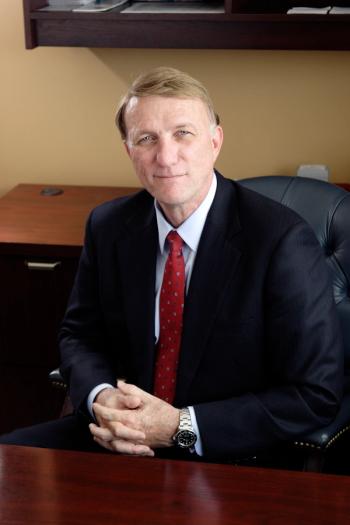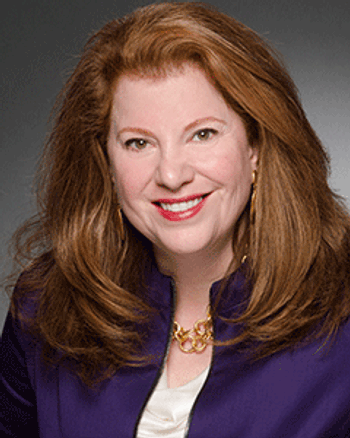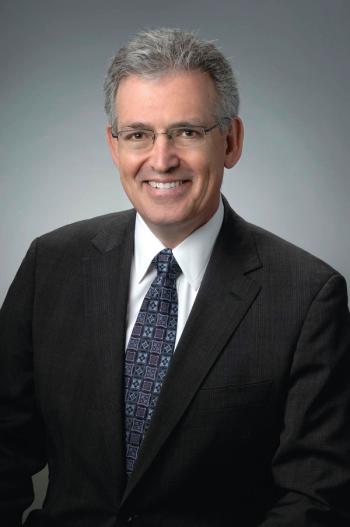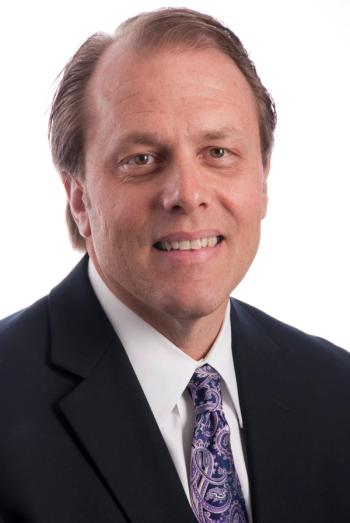
Practice Models
Latest News
Latest Videos

Shorts



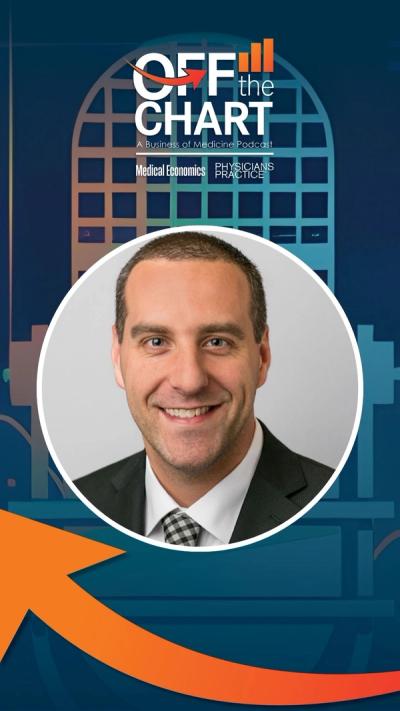
Podcasts
CME Content
More News
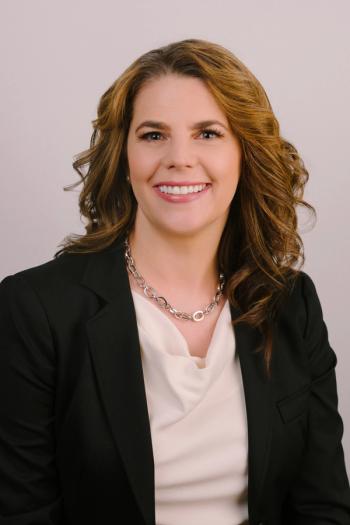
AI‑driven preventive care empowers primary care physicians to curb soaring health care costs and improve outcomes for the 194 million U.S. adults living with chronic conditions.

Learn 10 must‑know dos and don’ts guiding physicians and practice administrators through the legal, staffing and pricing steps of adopting an insurance‑free, membership‑based model.

Direct primary care is transforming the healthcare landscape by replacing insurance-driven models with affordable, membership-based care that strengthens patient-doctor relationships, reduces costs, and improves access to personalized treatment.

While MSOs can provide resources and administrative support for practices, it is critical to understand different contract provisions.

The crucial decision of which ACO to join requires careful consideration of various factors.

To help practices prepare for their value-based care transition, here are three top considerations for success.

When it comes to alleviating capacity strains, urgent care clinics play a pivotal role.

Physicians and employers are tired of waiting for the government to fix health care. So they came together and fixed it themselves.

Surge in membership medicine opportunities fueled by administrative challenges, reimbursement reductions, operating cost escalation and retiring concierge physicians.

One medical group’s path to freedom lights the way for others.

Staying small doesn’t make sense anymore.

Making the change can make it easier to provide care and keep your practice profitable.

Many practices are looking to the flexibility of direct primary care.

You don’t have to be locked in combat with a hospital; in many instances, it can be beneficial for independent physician groups and hospitals to work together.

A brief, focused strategic plan can align staff and drive revenue growth.

The science of personality and why self-awareness matters.

Physician practices are facing an uphill battle in their quest to remain independent

Health coaching might be the middleman the American healthcare system needs to make reform a reality.

When managing a practice gets so tough that you think you may just have to retire early or sell your practice, try to think about what you mean to the patients you serve.

As providers, it’s our job to identify and anticipate what patients need. But, in order to deliver the right care at the right time, we need to re-examine our processes and relationships not only with our patients, but also with one another.

The days of the traditional practice are greatly diminished.

If you don’t identify the coding issues, know that your potential buyer will.

Physicians need to think seriously about what they are trading before they decide to become an employee of a health system instead of a private business owner.
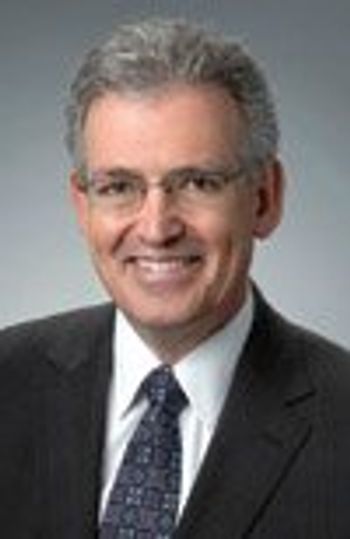
There is a way that physicians-including employed physicians-can manage the effects of healthcare consolidations.

What traveling halfway around the world taught me about healthcare.








